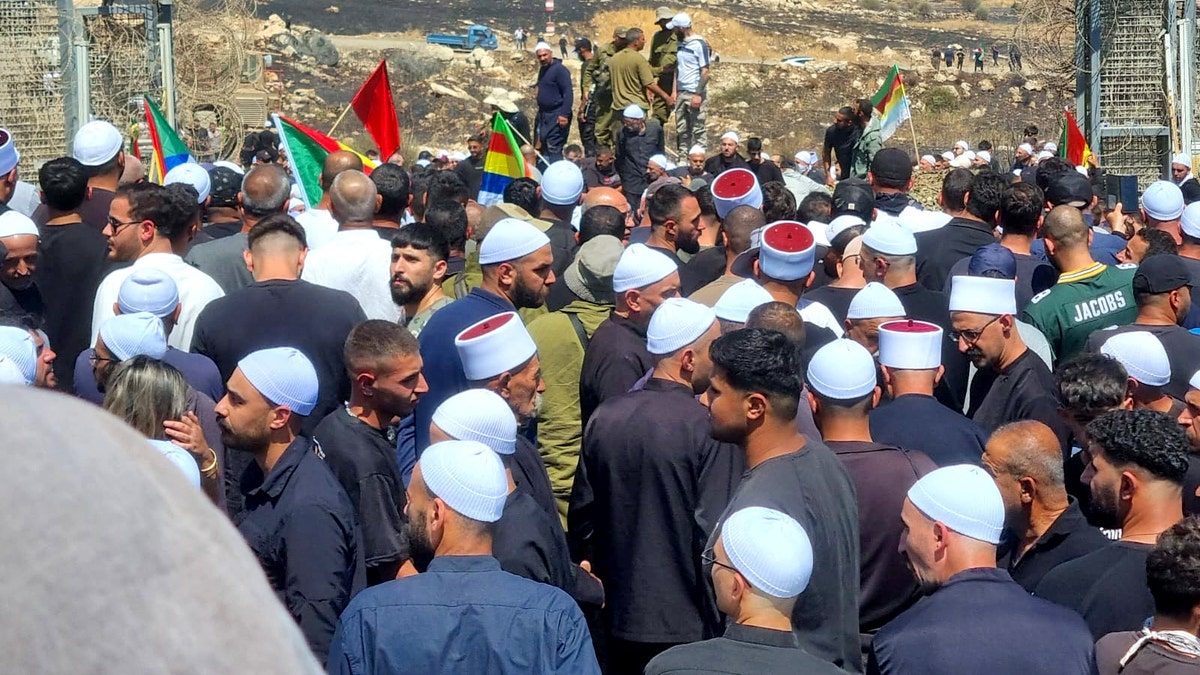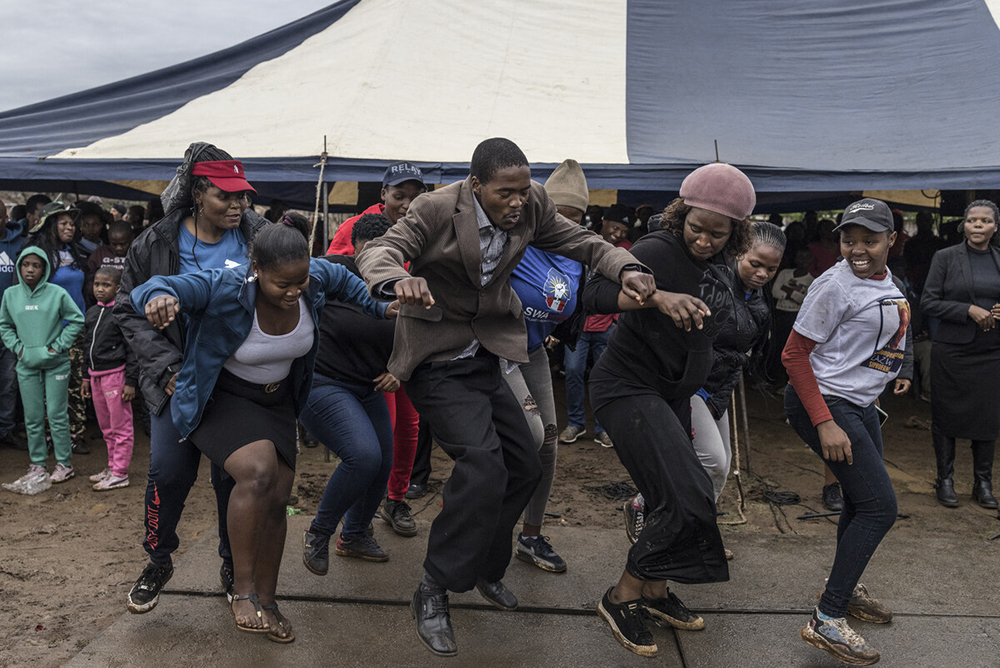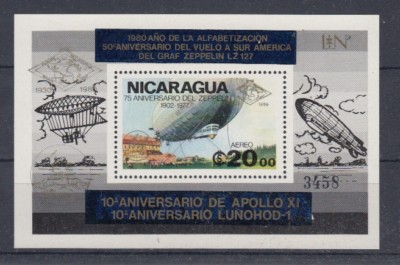
Introduction to the Druze Community
The Druze are a religious and ethnic group primarily located in the Middle East, notably in Lebanon, Syria, and Israel. Characterised by their unique beliefs and cultural practices, the Druze community is a significant minority in the regions they occupy, often playing a pivotal role in regional politics and society. Understanding who the Druze are and their historical context is crucial for comprehending the complexities of Middle Eastern geopolitics.
Historical Background
The origins of the Druze date back to the 11th century when they emerged from Ismaili Islam during the reign of the Fatimid Caliph Al-Hakim bi-Amr Allah. Merging elements of Islamic philosophy with Neoplatonism and other mystical beliefs, the Druze established a distinct religious identity. The faith encompasses a belief in reincarnation and the pursuit of knowledge and wisdom, which sets them apart from mainstream Islamic practices.
Over the centuries, the Druze have faced persecution and have often found themselves caught between various regional powers. Their history has shaped a strong sense of community and loyalty, often leading them to adopt a non-confrontational stance in political matters while maintaining connections with their surrounding cultures.
Cultural Practices and Beliefs
One of the defining features of the Druze is their secretive nature regarding their religious practices. The community tends to be insular, with conversion to and from the faith being virtually impossible. They also do not actively seek to engage in missionary work. Their religious texts, known as the “Epistles of Wisdom,” form the cornerstone of their belief system, encompassing theological, philosophical, and ethical teachings.
The Druze celebrate various religious occasions, with the most significant being the “Festival of the Prophets,” which honours the divine prophets. Additionally, they place strong emphasis on family loyalty and community cohesion. The Druze value education and have been involved in various professional fields, contributing significantly to the economic and cultural landscape of their regions.
Conclusion and Future Implications
Today, the Druze continue to navigate their identity in a rapidly changing Middle East. Although they maintain a low profile, their political alliances and contributions have been instrumental in shaping the societal frameworks in Lebanon, Syria, and Israel. As regional conflicts evolve, the Druze’s emphasis on coexistence and dialogue may serve as a crucial model for peacebuilding in the area.
For readers, understanding the Druze not only enriches knowledge of cultural diversity but also highlights the importance of dialogue and mutual respect in a complex world. As the global community becomes ever more interconnected, appreciating the intricacies of such communities becomes vital in fostering understanding and tolerance.
You may also like

Exploring the Unique Heritage and Current Affairs of Eswatini

Exploring Nicaragua: Culture, Economy, and Current Events
